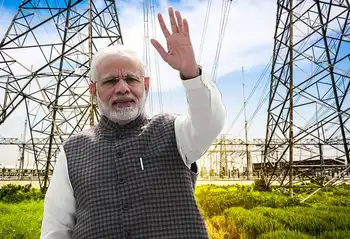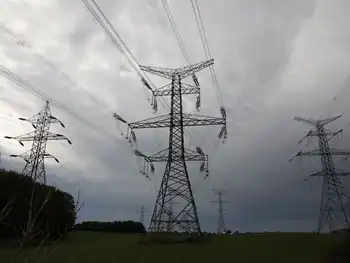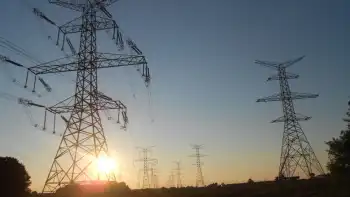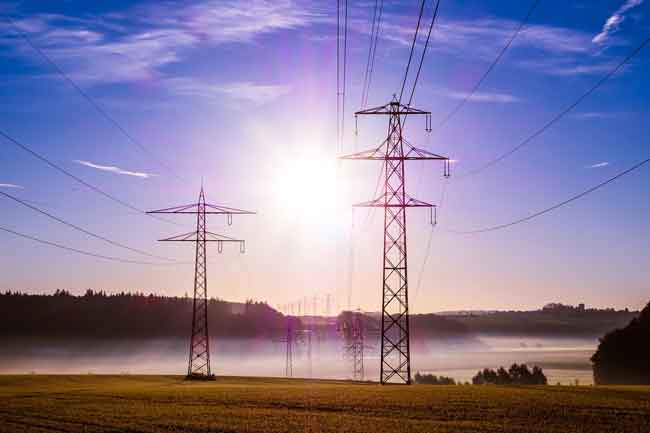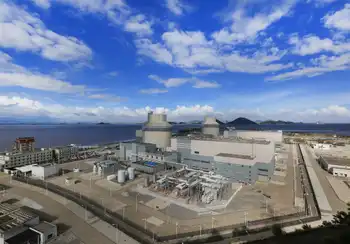UK Emergency energy plan not going ahead
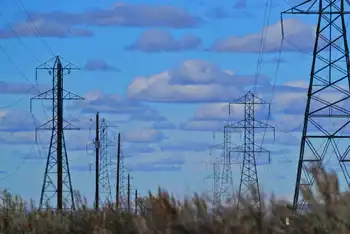
CSA Z463 Electrical Maintenance
Our customized live online or in‑person group training can be delivered to your staff at your location.

- Live Online
- 6 hours Instructor-led
- Group Training Available
National Grid Demand Flexibility Service helps stabilise the UK grid during tight supply, offering discounts for smart meter users who shift peak-time electricity use, reducing power cut risks amid low wind and import constraints.
Key Points
A National Grid scheme paying smart homes to cut peak-time use, easing supply pressure and avoiding power cuts.
✅ Pays volunteers with smart meters to reduce peak demand.
✅ Credits discounts for shifting use to off-peak windows.
✅ Manages tight margins and helps avert UK power cuts.
National Grid has decided not to activate a scheme on Tuesday to help the UK avoid power cuts after being poised to do so.
It would have seen some households offered discounts on their electricity bills if they cut peak-time use.
National Grid had been ready to trigger the scheme following a warning that Britain's energy supplies were looking tighter than usual this week.
However, it decided that the measure was not required.
Alerts are sent out automatically when expected supplies drop below a certain level. But they do not mean that blackouts are likely, or that the situation is critical.
National Grid said it was "confident" it would be able to manage margins and "demand is not at risk".
Discounts
Earlier on Monday, the grid operator said it was considering whether to pay households across Britain to reduce their energy use to help out on Tuesday evening.
Under the Demand Flexibility Service (DFS), announced earlier this month, customers that have signed up could get discounts on their bills if they use less electricity in a given window of time.
That could mean delaying the use of a tumble-dryer or washing machine, or cooking dinner in the microwave rather than the oven.
Major suppliers such as Octopus and British Gas are taking part, but only customers that have an electricity smart meter and that have volunteered are eligible. About 14 million UK homes have an electricity smart meter.
The DFS has already been tested twice but has not yet run live.
Octopus, the supplier with the most customers signed up, said that some households had earned more than £4 during the hour-long tests, while the average saving was "well over £1".
It came after forecasts projected a large drop in the amount of power that Britain will be able to import from French nuclear power stations on Monday and Tuesday evenings.
The lack of strong winds to power turbines has also affected how much power can be generated within the UK, and efforts to fast-track grid connections aim to ease constraints.
Such warnings are not unusual - around 12 have been issued and cancelled without issue in the last six years, and other regions such as Canada are seeing grids strained by harsh weather as well.
However, they have become more common this year due to the energy crisis, and the most recent notice was sent out last week.
The situation means that the UK will have to import electricity from other sources on Monday and Tuesday evening.
Supplies are also expected be tight in France, forecasters say.
France has been facing months of problems with its nuclear power plants, which generate around three-quarters of the country's electricity.
More than half of the nuclear reactors run by state energy company EDF have closed due to maintenance problems and technical issues.
It has added to a massive energy crisis in Europe which is facing a winter without gas supplies from Russia.






